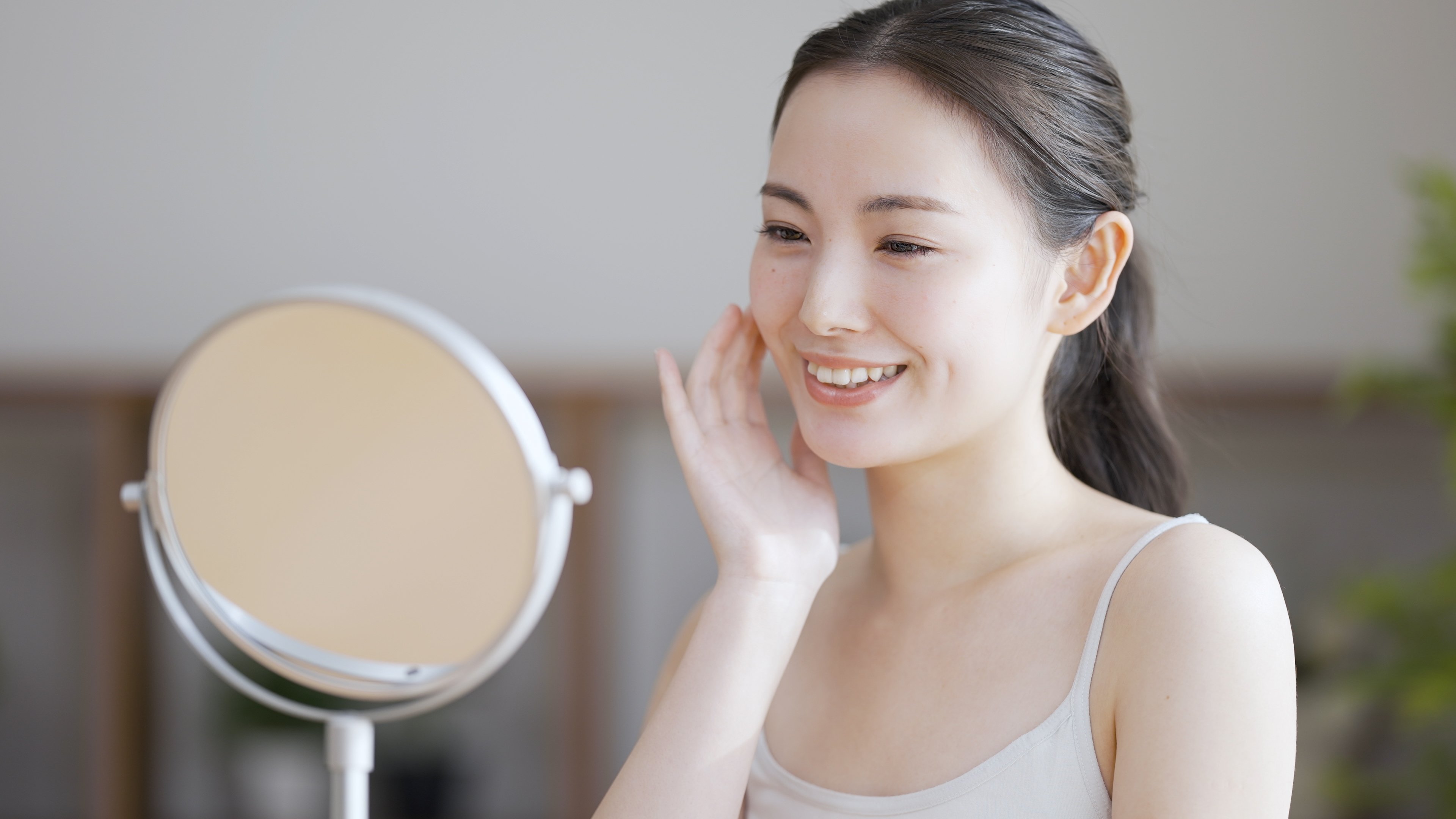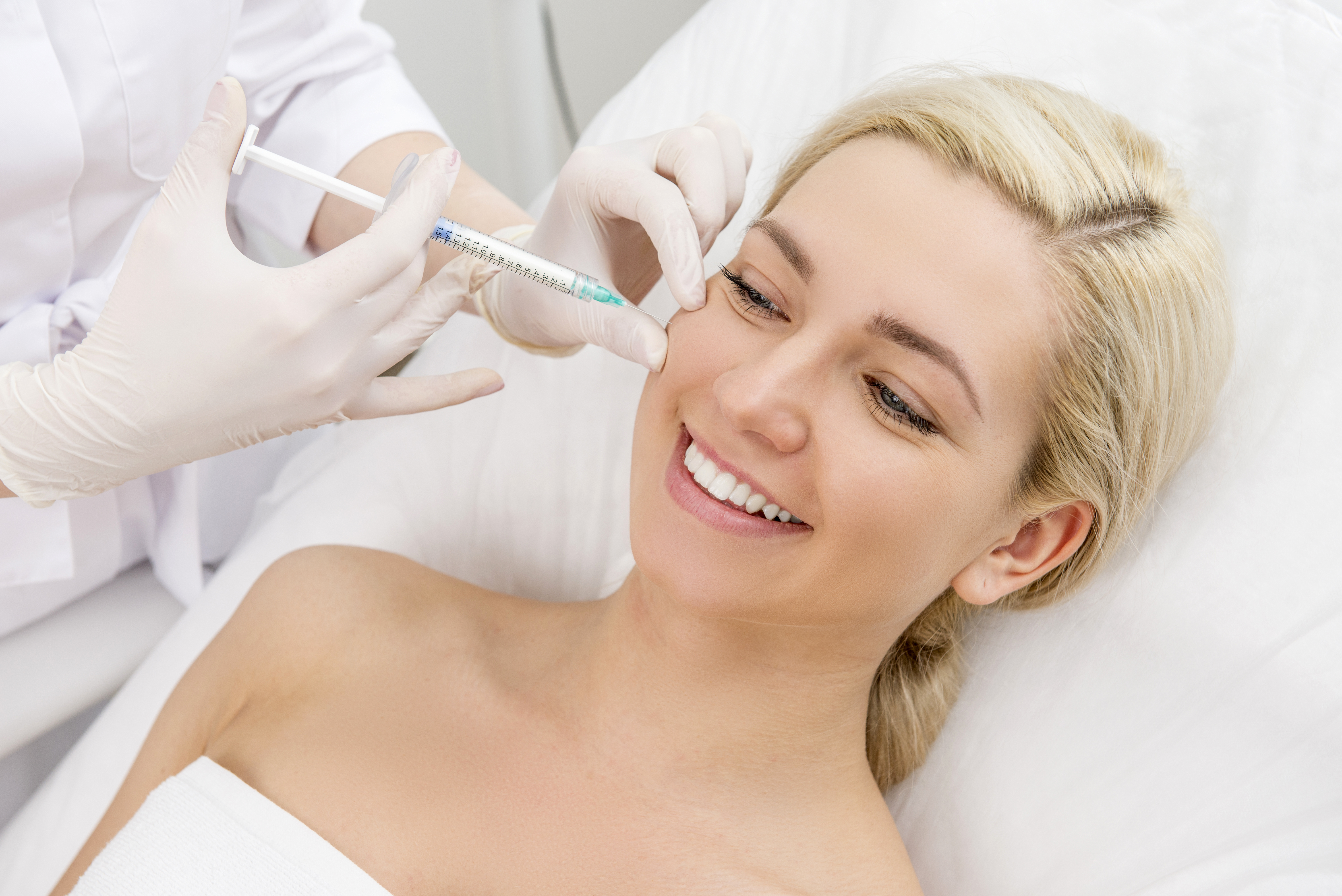Global News: Charcoal Beauty Products | February 9, 2017
- Home
- Blog
- Current Media
- Global News: Charcoal Beauty Products | February 9, 2017
Reality check: Are activated charcoal beauty products and juices safe to use?
By Dani-Elle Dubé National Online Journalist, Smart Living Global News
Activated charcoal beauty brands, toothpastes and detoxing juices have been flying off store shelves for a few years now and beauty bloggers continue to swear by these “miracle” products.
But do these products really work and are they safe to put on your skin or ingest?
According to the University of Florida, activated charcoal is a fine black powder that is often used in emergency rooms to treat drug overdoses, poisonings and other intoxications. It prevents absorption of potentially toxic agents in the gastrointestinal tract.
The remedy has been used for medical purposes for thousands of years, the university says. Egyptians in 1500 BC have been known to use charcoal to absorb the odor from rotting wounds.
And even though emergency rooms continue to use activated charcoal in some poisoned patients, the use is not as popular as a solution as it once was.
The University of Florida states that in 2004 it was only used in under six per cent of patients, which is down from almost eight per cent in 1995.
Charcoal in skincare
Some cosmetic companies, like Origins, claim their charcoal products possess these super absorbing properties.
“Charcoal is known to absorb 100 to 200 times its weight in impurities, making it an excellent natural ingredient to help purify and deep-clean skin,” Wendy Brooks, director of global product development at Origins, told NY Daily News in 2014.
However, there isn’t much research to prove either way if these black-coloured face masks, soaps and shampoos work any better than other products out there, says Toronto-based dermatologist Dr. Lisa Kellett.
“[These products] are cosmetic grade so they’re not treatments and it’s not particularly more efficacious,” Kellett says. “Some people say they have more anti-inflammatory activities, but there’s not a lot of evidence-based medicine to prove that.”
But like any solution, makeup or beauty and skincare products that are applied to the skin, there may be risks attached.
“People have to be careful because some of the formations can be irritating,” Kellett says. “You wouldn’t use [these products] if you have a sensitive skin type and you’d have to be careful, but they’re all different. Just because they have charcoal in them, it doesn’t mean it’s one of the active ingredients in it and you have to look at the rest of the product as well in terms of the vehicle, like in a cream or mask.”
Global News’ request for comment went unanswered by Origins before this story was published.
Charcoal in toothpaste and juices
Another beauty fad is charcoal toothpaste or teeth-whitening, which claims can make your teeth whiter. Like the skincare products, these toothpastes say the charcoal binds to stains on teeth – like coffee, wine and plaque.
And while some people swear by the blackened toothpaste, the American Dental Association (ADA) warns against it.
“There’s no evidence at all that activated charcoal does any good for your teeth,” Dr. Kim Harms told The Daily Beast. “Like any abrasive, we’re worried about the effects on the gums and enamel on the teeth. We don’t know about the safety and effectiveness of it.”
Then there are charcoal juices, which many people use in body cleanses and coping with gut irritants.
However, experts are weary of the ingredient in foods and beverages for a few reasons.
One of the reason, says emergency toxicology expert Dr. Katherine Boyle, is because of the adverse effects that can be associated with its use.
“One of the things that we worry about is that it can cause pretty severe lung damage if it accidentally gets in to your lungs,” she says. “Actually, it can cause such a bad lung injury that it can be fatal.”
The use of the ingredient in products that are ingested – like toothpaste and juices, for example – worries Boyle.
“To have this product in various beauty products where this product could accidentally get into someone’s lungs, I do worry about the potential for harm,” says Boyle.
Another issue with ingesting the product is that its absorption abilities is not only limited to toxins and can actually absorb vital nutrient’s from the body as well.
“Just as it can keep a medication [or poison] from being absorbed into the body, it doesn’t recognize just that one thing and kind of causes everything to have decreased absorption,” Boyle says. “So there is a concern that you would not be getting the nutrients from the different vitamins that you would normally get form must doing a regular diet.”
Other associated adverse effects include diarrhea, constipation, vomiting and intestinal obstruction, the University of Florida notes.
“Just remember that these products have the potential to cause harm,” Boyle warns. “And since we do know that there is potential harm associated with it, I would not recommend a routine use of these beauty products, toothpastes, juices or other similar beverages.”




